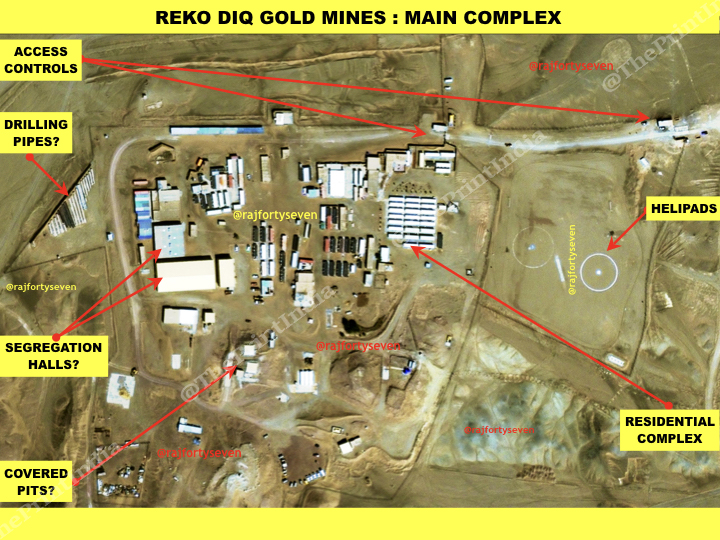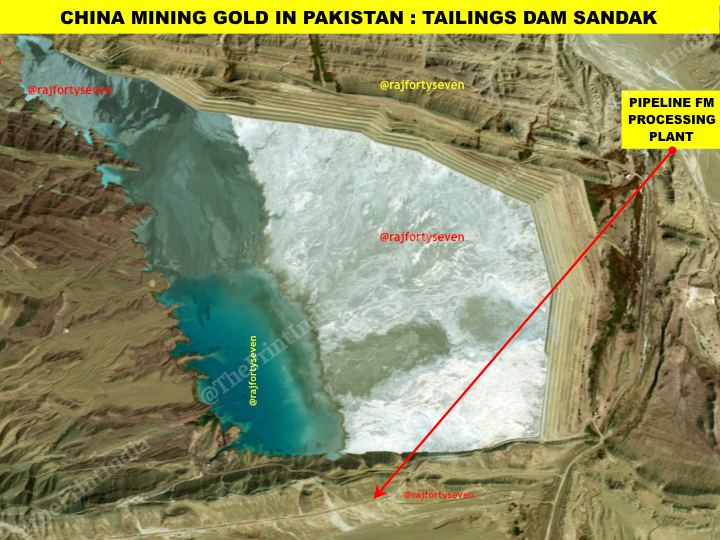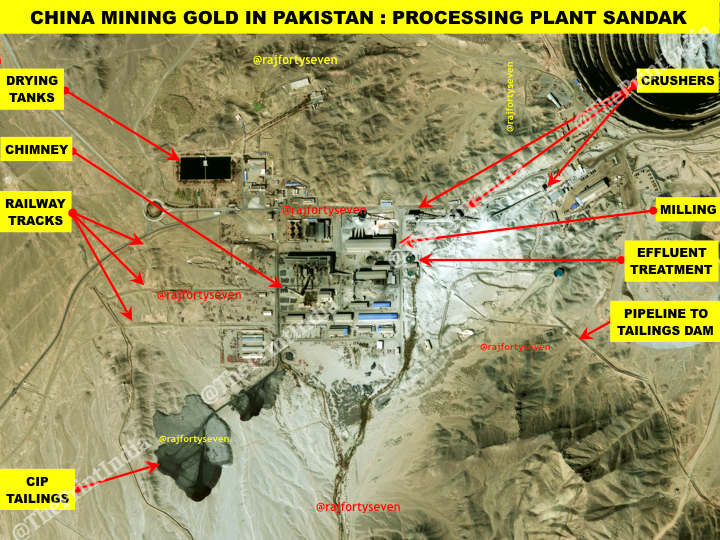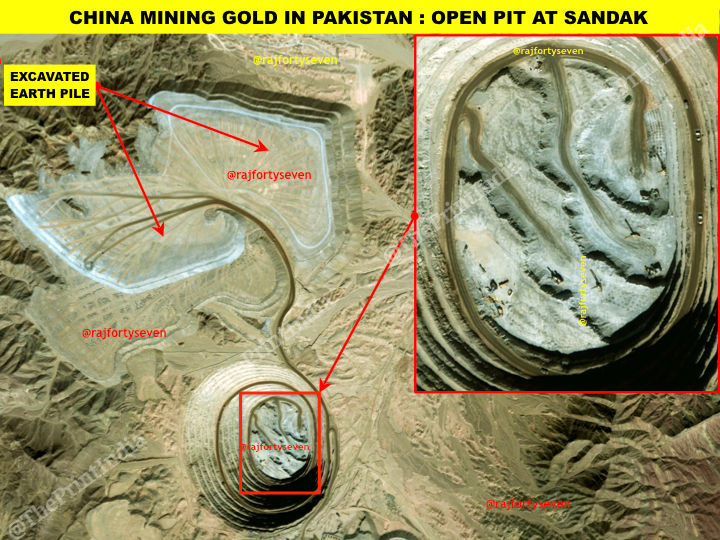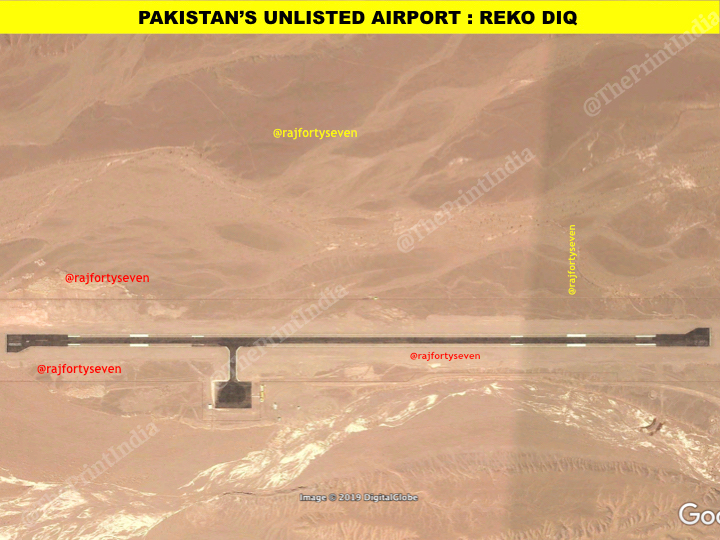If you think the concept of ‘blasphemy’ is limited to showing contempt for religious practices, ideas, personalities or deities you are wrong – although most of the cases reported in newspapers concern that. Blasphemy covers a wide variety of topics and areas, beyond matters of faith, and includes politics and social values, historical events and powerful organisations.
Let me elaborate. In Pakistan, it is almost blasphemous to voice an opinion different from the point of view of Allama Muhammad Iqbal. Try to do that some day; tell a group that Iqbal’s ideas lacked originality. Let this be a test case. Or that Iqbal borrowed too much, to the point of plagiarism, from the German philosophers of the19th century; or that his ideas lagged way behind his contemporaries in the West where he was educated; or that since Pakistan faced a shortage of genuine leaders, the people of the new republic were compelled to canonise Iqbal as a saint, irrespective of whether or not he met the standards. Even before you have uttered half of it, your friends and family members would disown you either out of respect for the philosopher or for fear of other people’s response.
Those who stay to argue would put you down by hurling invectives, calling names and reminding you to stay in your limits. Ask them if they have read Iqbal’s famous lectures compiled as The Reconstruction of Religious Thought in Islam, the answer will almost always be no. Don’t worry about the irony; it is part and parcel of the mindset of the champions of the blasphemy law.
For me, bringing up Iqbal’s shortcomings in philosophy does not mean that he did not excel in Urdu poetry. Sure, he did. His command of the language is impressive and many of his poems inspire millions of Pakistanis.
Moving along, it is also blasphemous to criticise anything about Muhammad Ali Jinnah biography, be it a personal, social, professional or political aspect of his life. If you have read about him you would realise that he did not lead an exemplary life, and some of the choices he made could be called into question. For example, have you ever wondered about his relationship with his wife, Rattanbai Jinnah? Why did she leave him? Could you question his role as a father? His daughter, Dina Wadia, never visited Pakistan during his lifetime.
It is blasphemous to criticise any portion of Muhammad Ali Jinnah’s biography, be it the personal, social, professional or political aspect of his life
These questions do not make him less of a leader. They make him a normal human being who is not perfect. He created a country for the Muslim minority of the subcontinent through his dedication, hard work and pure brilliance. It also provides people like us an inspiration. We too can make a mark in history if we focus, work hard and dedicate our lives to a mission. Instead, we are forced to believe that normalcy, personal flaws and shortcomings take away from one’s accomplishments. Bringing up the political role of non-political organisations is also considered blasphemous. You have to rely upon euphemisms (like ‘establishment’ and ‘powerful forces’) to express yourself, afraid that your words will not be published. Or that if you say something more than what is allowed you will be listed among the most unwanted citizens of the country. Even worse, your words may be published but edited to an extent that they lose their meaning, even be twisted to mean just the opposite.
The list goes on and on. It is blasphemous to educate the masses that corruption may not have played the biggest role in bringing down our economy, and that instead it is meddling in the democratic process. It is also blasphemous to talk in favour of certain politicians. It is blasphemous to ask about supporters of non-state actors, to question why Hafiz Saeed and Masood Azhar are protected in Pakistan while being recognised as terrorists by the international community. Raising a voice for Chinese Muslims is also becoming blasphemous.
We have to let people think and speak freely, rather than try to brainwash them with a twisted version of history or to threaten them against expressing their views. Diversity of ideas makes a nation great. True, in the cacophony of multiple voices, it may look otherwise, but the plurality of voices can promote the virtues of tolerance and humility. Singularity of ideas, on the other hand, can make us intellectually poor, financially dependent on foreign forces to solve our problems and prone to being taken by those who steal people’s mandate to come into power.




